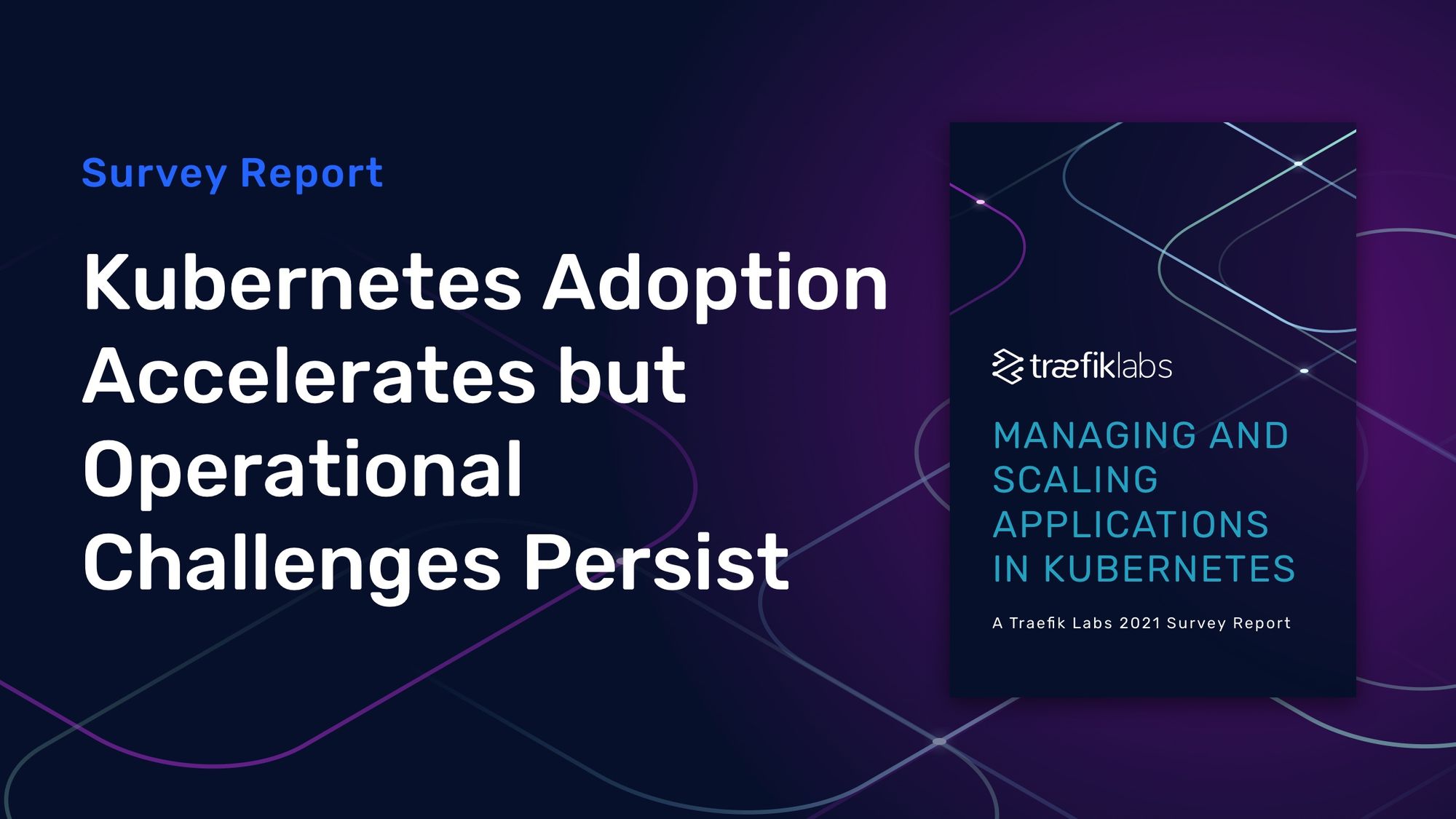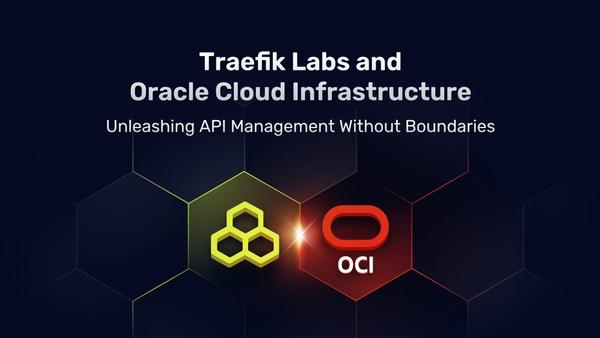Kubernetes Adoption Accelerates but Operational Challenges Persist
Survey of more than 1,000 professionals shows ubiquitous use of Kubernetes in production environments, while simultaneously exposing numerous management and scaling challenges
Kubernetes adoption is on the rise as organizations increasingly get a grasp on what is needed to effectively manage and scale the popular platform.

That’s one of the key takeaways from a recent Traefik Labs survey of 1,097 respondents, the majority of which were software engineers and DevOps professionals. The survey found that adoption of Kubernetes is at a strong 70%, indicating that the platform is rapidly increasing in adoption. Yet 58% say they run less than half of their business-critical applications on the container-orchestration system, implying room for wider Kubernetes use throughout most organizations.
Below is a summary of some interesting findings from the survey along with our thoughts.
Multi-cluster and multi-cloud strategies are becoming more commonplace.
The survey found that more than 60% of Kubernetes users are running two or more clusters, while more than half of all respondents are using multiple clouds.
The implication: This developing pattern could lead to an increased level of complexity for organizations.
Organizations deploying multiple ingress technologies is a common theme.
Sixty percent of survey respondents stated that they use multiple ingress solutions across their organization.
The implication: The use of multiple ingress solutions suggests an array of disparate toolsets to manage the various technologies.
Getting started with Kubernetes may be difficult, but so are operations.
When asked, survey respondents reported encounters with a number of challenges, including quickly identifying the root cause when troubleshooting distributed applications. Having a clear view of everything deployed within clusters and understanding performance issues were also top challenges mentioned among survey respondents.
The implication: Running distributed applications is complex, but that complexity is compounded as evidenced in our two previous findings.
When it comes to observability platforms, setup and configurations are top pain points.
While the survey found that many businesses already use observability platforms such as Grafana or Prometheus, 43% agreed that "setup and configuration" was their top pain. Maintenance and simply too many platforms tied for second and third.
The implication: Difficulties in setting up and maintaining observability platforms could lead to operational blindspots within organizations (“you can’t manage what you don’t monitor/measure”).
Existing observability platforms seem to leave much to be desired.
Even with most organizations using some sort of observability platform, 50% of respondents still log in directly into their clusters to review logs manually when issues arise.
The implication: This finding suggests that the tools developers have in place may not be sufficient.
Cost management is, not surprisingly, a top concern.
Cost is almost always a concern among businesses, and that is no different here. In fact, cost may hold companies back from scaling Kubernetes deployments to their full potential — 44% of respondents said cost management causes friction as they scale and expand their Kubernetes clusters.
The implication: In order to scale Kubernetes more broadly throughout an organization, upfront cost transparency is a must.
Despite the popularity of Kubernetes, many businesses struggle to operate and scale their Kubernetes deployments. To make matters worse, already complex and distributed Kubernetes environments are increasingly multi-cloud, multi-cluster, and multi-ingress, requiring dozens of tools. Solutions that help ease configuration, maintenance, and scalability pains for distributed systems are vital. In the end, organizations need to look for solutions that are built to provide a single approach to a heterogeneous mix of deployment and technology choices.
For more information and access to the full survey result, download a copy of the report.



